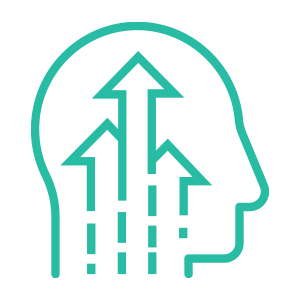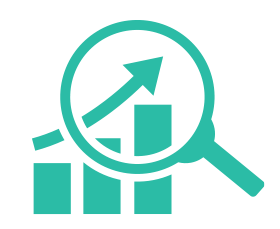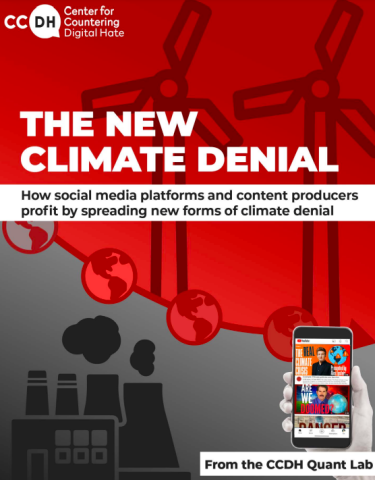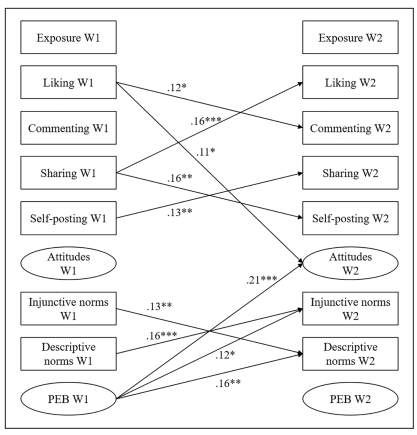Community and audience driven organizing strategies
We provide flexible support to organizations and coalitions grounded in using data and analysis to support organizing and outreach strategies. Our support model prioritizes understanding your organization, audience and engagement goals. We provide you with the skills and support to build strategies, infrastructure, and analysis grounded in who you are mobilizing. We support you through training, data and analysis, research and technical recommendations. Our goal is to empower you with the tools you need to develop strategies to reach new constituencies, retain your users and monitor the effectiveness of your efforts. We believe that digital and data aren’t just about email, social media or texting strategies but about meeting people where they are building organizing strategies that are driven by behavior.
How We Work

The Lab offers training in online and offline organizing, digital strategies, advertising and data. Our hope is to equip you with the information and guidance so that you can take your learnings and apply them to your organization. Reach out if you have specific questions or training needs.

We love digging into your constituency and aspirational audiences to understand who you already have at your side and what power you want to build. We can help you navigate user behavior online and offline to understand what is working and what could be improved. And we explain the tools at your disposal to reach new audiences through tools like the voter file, persona research and message testing strategies.

Digital isn’t just about checking off the boxes of social media platforms, setting up an email service provider, administering A/B tests, making ad buys, or adding more work to increase channel access. It is about integrating technology and real-time communications channels in support of work already being done. It is about extending and enriching the ecosystem by engaging, organizing, and building power. Above all, it is also about ensuring that we, as a climate movement, genuinely look at and care for our impact, in all its forms, with honesty, when we engage with groups and communities. We’re here to support you in developing your strategies.
Related Resources
Climate denial messaging strategies have shifted in recent years. The narrative shift from “Old Denial” to “New Denial” seeks to undermine the solutions to mitigating the climate crisis and delay political action. In this report, researchers at the Center for Countering Digital Hate have quantified the rise over the past five years in what this report terms “New Denial” — the departure from rejection of human-caused climate change to attacks on climate science and scientists and rhetoric seeking to undermine confidence in solutions to climate change. “New Denial” claims now constitute 70% of all climate denial claims made on YouTube, up from 35% six years ago. In 2018, outright denialist claims like “the weather is cold” and “we’re heading into an ice age” were popular among climate denialists – but as temperatures and evidence of global warming have increased, those narratives are no longer as effective. Analysis of 4,458 hours or nearly 186 days of YouTube content since 2018 shows that “Old Denial” claims that human-caused climate change isn’t happening have dropped from 65% of all claims in 2018 to just 30% of claims in 2023.

Social media engagement on climate change may not influence the climate beliefs of the social media poster among young people. This research showed transactional relationships between self-posting and sharing of climate content over time. Pro-environmental behaviors at Wave 1 (W1) positively related to all climate beliefs at Wave 2 (W2 – i.e., later in time), yet no reciprocal relationship occurred, as none of the climate beliefs (during W1) predicted behavior (during W2) over time. Moreover, with the exception of the positive link between social media “liking” (during W1) and climate beliefs (during W2), no (reciprocal) relationships between social media interactions and adolescents’ pro-environmental beliefs and behavior occurred over time.
